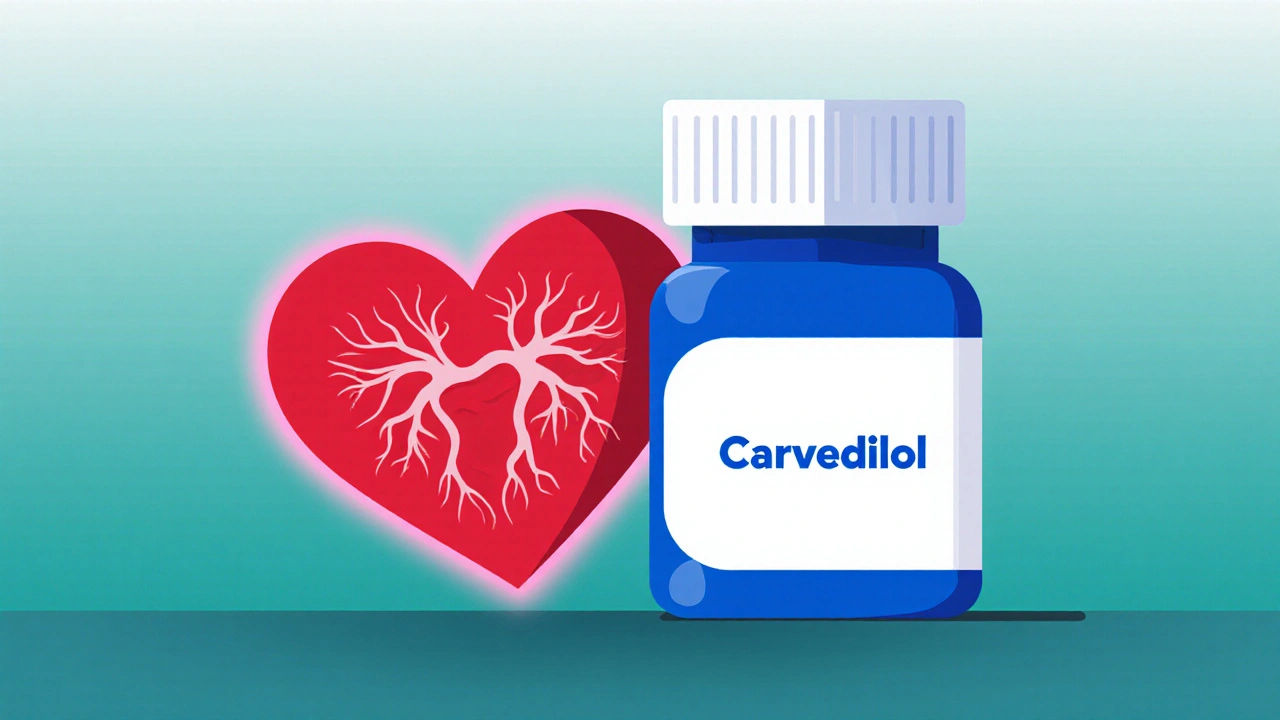
Carvedilol Weight Gain Risks: Essential Facts & Management
Learn why carvedilol may cause weight gain, how it happens, and practical steps to manage your weight while staying on the medication.
When you take a beta blocker, a class of medications used to lower blood pressure, slow heart rate, and reduce heart strain. Also known as beta-adrenergic blocking agents, these drugs are commonly prescribed for high blood pressure, heart rhythm problems, and even anxiety. But while they help many people, they don’t work the same for everyone—and side effects are more common than most realize.
One of the most frequent complaints is fatigue. People often feel tired, sluggish, or just "off" after starting a beta blocker. That’s because these drugs slow down your heart and reduce how hard your body works to pump blood. It’s not laziness—it’s pharmacology. Dizziness when standing up, known as orthostatic hypotension, is another common issue. You might feel lightheaded stepping out of bed or getting up from a chair. This happens because beta blockers reduce your body’s ability to quickly adjust blood pressure when you change position. If you’ve ever felt like you’re about to pass out after standing too fast, it could be your medication, not just dehydration.
Other side effects show up in unexpected places. Cold hands and feet? That’s the drug narrowing blood vessels in your extremities. Trouble sleeping or nightmares? Beta blockers can interfere with melatonin production. Some people report depression or low mood, especially with older types like propranolol. Sexual side effects—like reduced libido or erectile dysfunction—are also reported, though they’re often overlooked in doctor visits. And if you have asthma or diabetes, beta blockers can make things worse: they can mask low blood sugar symptoms and tighten airways. That’s why it’s not a one-size-fits-all drug. What works for your neighbor might leave you feeling worse.
It’s not all bad news, though. Many people tolerate beta blockers just fine. The key is knowing what to watch for and when to speak up. If you’re on metoprolol, a widely used beta blocker often sold under the brand name Lopressor, you might notice fewer side effects than someone on older versions. Newer beta blockers like bisoprolol are more selective and tend to cause less fatigue and cold extremities. And if side effects become too much, alternatives like calcium channel blockers or ACE inhibitors might be a better fit. You don’t have to just live with the side effects—there are options.
The posts below cover real experiences and comparisons. You’ll find direct talks about Lopressor vs other heart meds, how beta blockers interact with alcohol, what to do when dizziness hits, and which alternatives actually work without the side effects. These aren’t theoretical guides—they’re practical, no-fluff breakdowns from people who’ve been there. Whether you’re just starting out or trying to switch meds, this collection gives you the real talk you won’t get from a drug label.

Learn why carvedilol may cause weight gain, how it happens, and practical steps to manage your weight while staying on the medication.